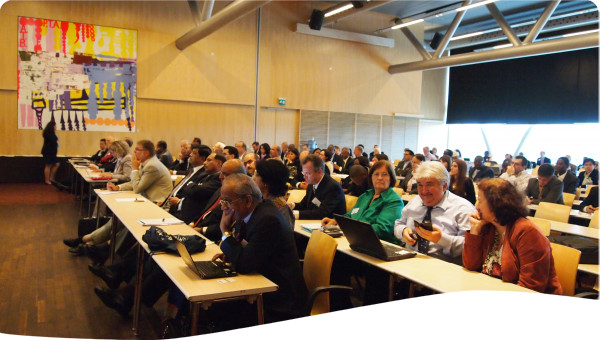Stakeholder analysis means many things to different people. Various methods and approaches have been developed in different fields for different purposes, leading to confusion over the concept and practice of stakeholder analysis. This paper asks how and why stakeholder analysis should be conducted for participatory natural resource management research. This is achieved by reviewing the development of stakeholder analysis in business management, development and natural resource management. The normative and instrumental theoretical basis for stakeholder analysis is discussed, and a stakeholder analysis typology is proposed. This consists of methods for: i) identifying stakeholders; ii) differentiating between and categorising stakeholders; and iii) investigating relationships between stakeholders. The range of methods that can be used to carry out each type of analysis is reviewed. These methods and approaches are then illustrated through a series of case studies funded through the Rural Economy and Land Use (RELU) programme. These case studies show the wide range of participatory and non-participatory methods that can be used, and discuss some of the challenges and limitations of existing methods for stakeholder analysis. The case studies also propose new tools and combinations of methods that can more effectively identify and categorise stakeholders and help understand their inter-relationships.
Description / Abstract
Publication year
Publisher
English

 Resource
Resource
